Uninterruptible power supply (UPS) systems offer energy storage — almost always using batteries — to bridge the short-term power loss between utility power failure and backup generator operation. They are sometimes needed to provide backup energy longer, up to 10 minutes or more.
UPS systems can fail randomly when utility power is stable, which may or may not affect the critical load. Random UPS failures tend to be forgiving because of automatic bypass mechanisms and local/remote alerts that should get immediate action. But UPS systems, especially batteries, can fail when the need for performance is the greatest, when utility power fails.
UPS failures that are coincident with utility power failures (or generator transfers, testing, etc.) are not forgiving; these failures cause unplanned downtime. What to look out for:
• UPS systems sometimes automatically transfer to bypass as a result of internal or external issues or for no apparent reason. When in bypass, most UPS systems offer no protection against utility power failures; the battery backup is not functional. A UPS system supporting critical load should not be allowed to linger in bypass any longer than necessary. Far too often, UPS on bypass alerts are ignored. . .until utility power bumps and critical equipment goes down hard.
• A weak or failed batteries alert, similar to an on-bypass alert, requires urgent attention. A battery set rated at eight minutes when new may fall to five or six minutes over time; but it may as well drop to zero minutes and zero seconds with very little additional warning.
• End-of-life and premature failures of lead-acid batteries are a major cause of UPS failures. UPS batteries, even if they are not at end-of-life, should be effectively tested every year; otherwise, the batteries may not perform as needed or may not perform at all.
• Don’t let air filters get dirty. Dirty air filters can result in localized internal UPS component overheating and weakening even though UPS temperature sensors may not trigger over-temperature alarms.
• Be sure to maintain the proper temperature in the space housing the UPS and batteries. High room temperature resulting from failed cooling or other causes can cause UPS overheating to the point of transfer to bypass, or worse (critical equipment downtime).
Michael Fluegeman (mfluegeman@plannet.com), PE, is director of engineering and principal, critical facilities, for PlanNet, an independent professional services firm that provides advisory, design, project management, and construction services supporting critical IT infrastructure.
Antonio “Tommy” Tan III (ttan@plannet.com), PE, is a critical facilities mechanical engineer at PlanNet.
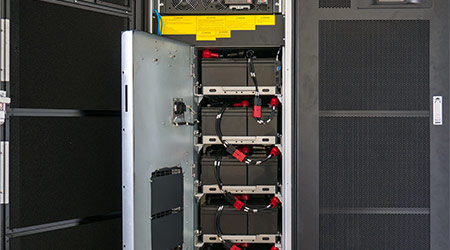
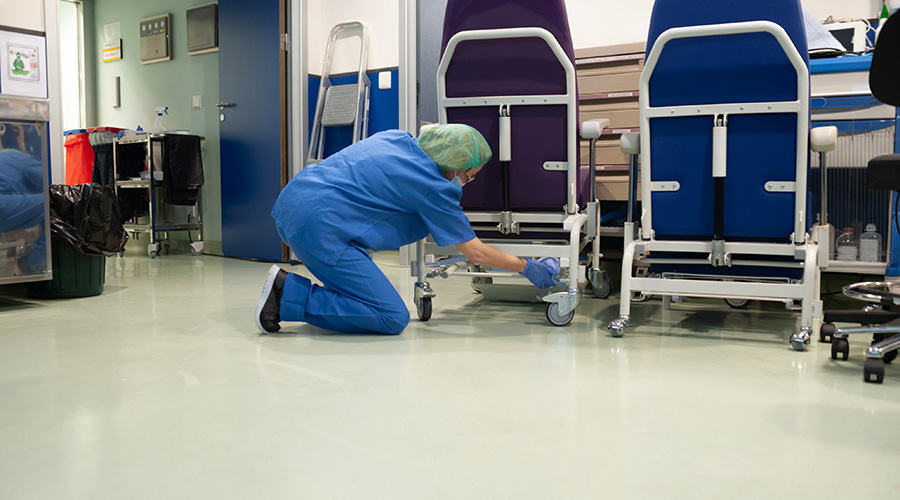 Biofilm 'Life Raft' Changes C. Auris Risk
Biofilm 'Life Raft' Changes C. Auris Risk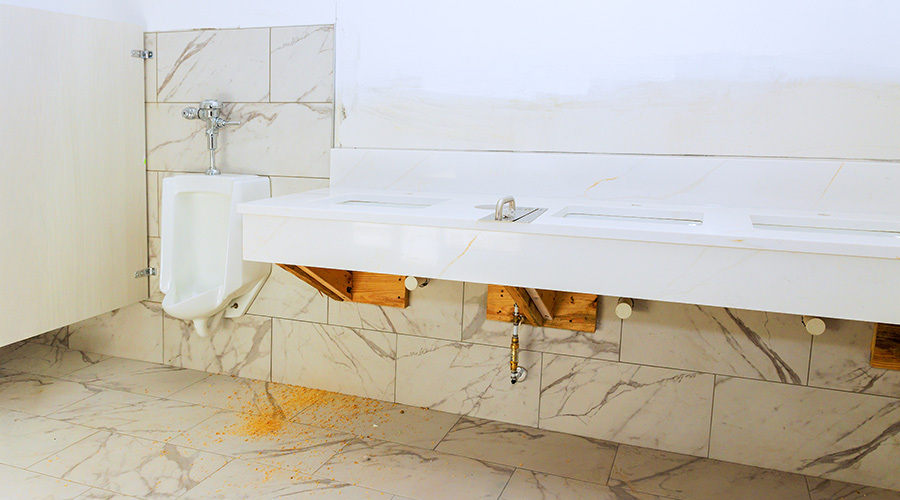 How Healthcare Restrooms Are Rethinking Water Efficiency
How Healthcare Restrooms Are Rethinking Water Efficiency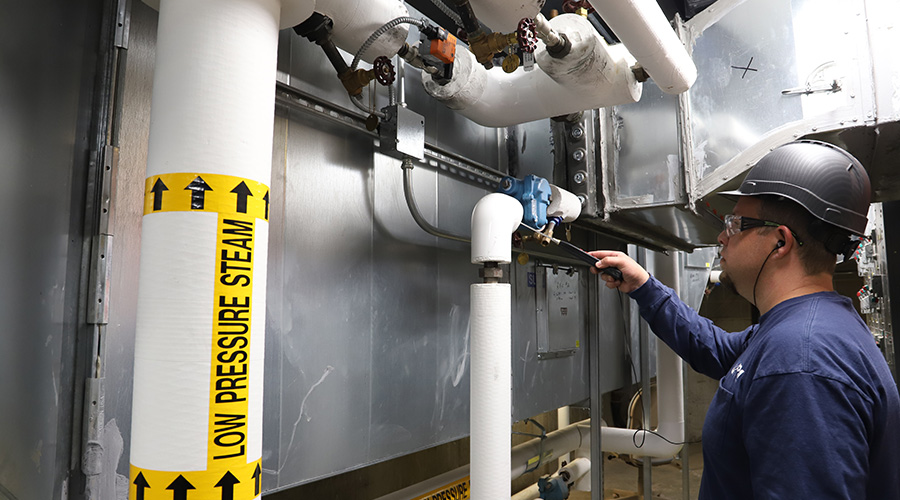 Northwell Health Finds Energy Savings in Steam Systems
Northwell Health Finds Energy Savings in Steam Systems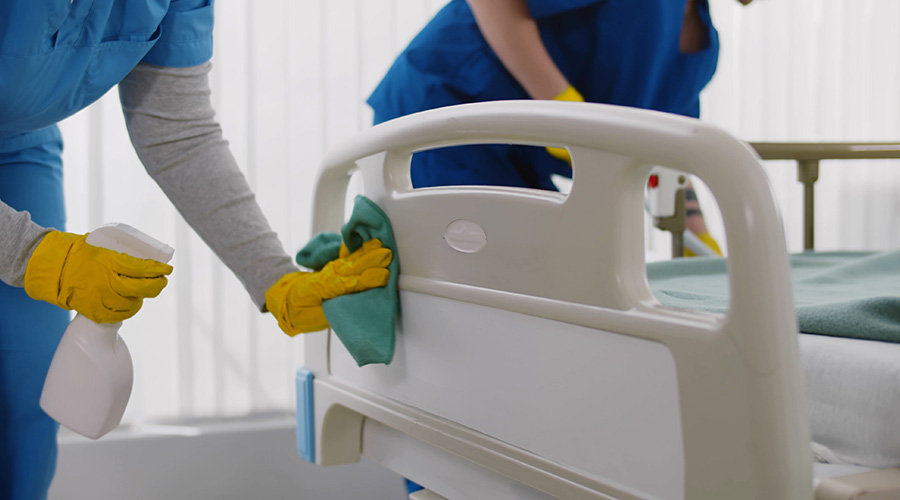 The Difference Between Cleaning, Sanitizing and Disinfecting
The Difference Between Cleaning, Sanitizing and Disinfecting Jupiter Medical Center Falls Victim to Third-Party Data Breach
Jupiter Medical Center Falls Victim to Third-Party Data Breach